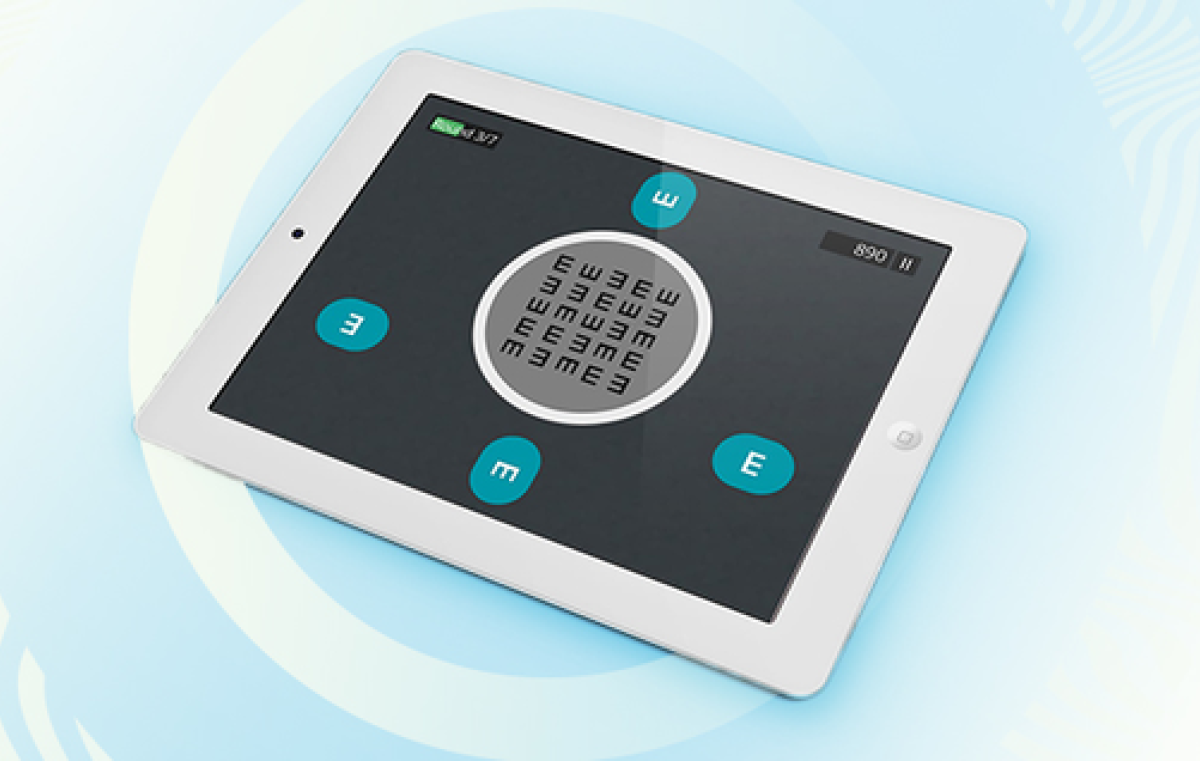Liftoff!
Bar-Ilan University experiment to accompany upcoming Rakia mission to space

Bar-Ilan University technology is heading to space!
The technology has been selected by the Israel Space Agency and the Ramon Foundation to be placed on board the Rakia mission scheduled to lift off on March 31, 2022, the Ramon Foundation officially announced today.
Prolonged exposure to microgravity conditions during space missions can impair various physiological function in general, and the visual system in particular. The neuro-ocular syndrome reported in prolonged space missions characterized by low gravity includes decreased vision, changes in the optic nerve and the retina, and a change in the refractive error, and all may remain present following return to Earth.
Digital tablet software used by Prof. Uri Polat, Head of the School of Optometry and Vision Science and Prof. Yossi Mandel, Head of the Ophthalmic Science and Engineering Lab at Bar-Ilan University facilitates the detection of slight changes in functional vision capabilities during flight. Together with Dr. Eran Schenker, Chief Medical Innovation Officer at the Israel Aerospace Medicine Institute, Polat’s team modified the technology provided by Cortex Therapeutics Inc (GlassesOff) to enable them to monitor astronauts' vision during space missions.
Using a digital functional vision examination on a tablet, the researchers will monitor the in-flight effects of microgravity on the visual functions of Israel's second astronaut, Eytan Stibbe, during the Rakia mission.
The technology is based on an application that can be downloaded to any tablet. During Eytan Stibbe's time in space, his vision will be remotely examined to understand at what point in time changes occur. The results will shed light on neuro-visual damage in space and may constitute a breakthrough in treatment and future space missions.
Altogether 35 Israeli scientific experiments and technological demonstrations will be performed by Stibbe at the International Space Station during the one-week mission. Each was chosen after meeting all the criteria incorporated in the mission by NASA and Space Axiom. Researchers and engineers are hoping that the mission's success could lead to technological, scientific and medical breakthroughs, and advance the Israeli space industry, according to the Ramon Foundation.